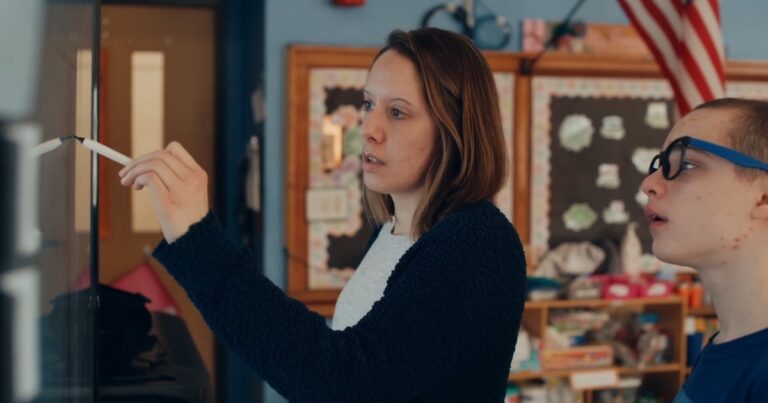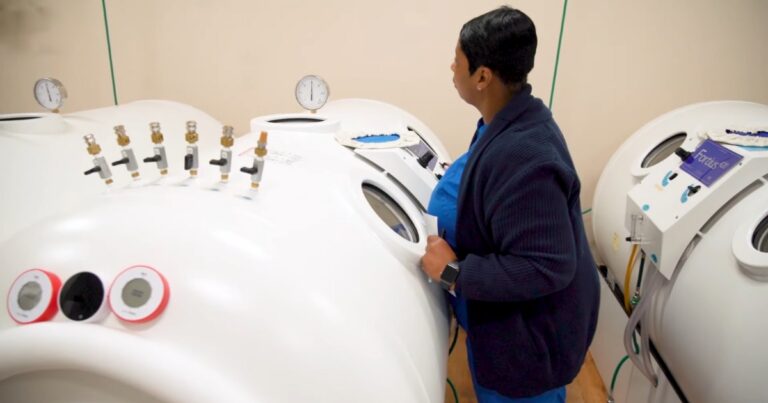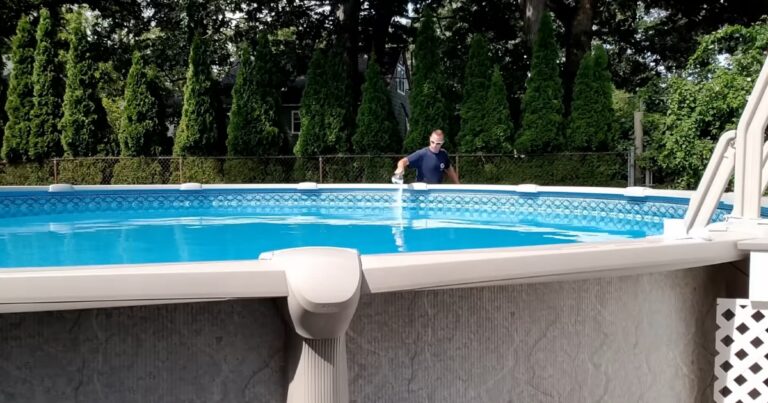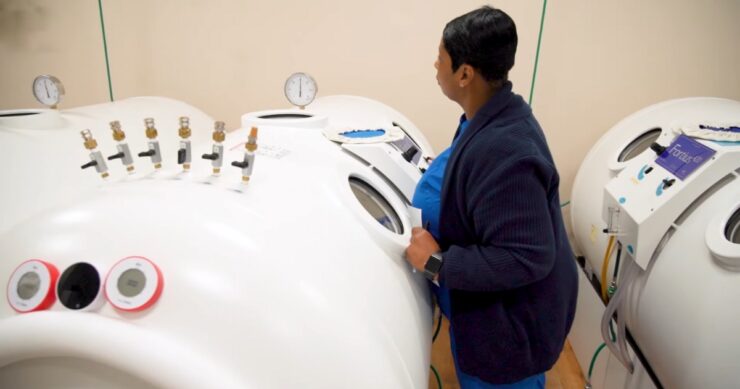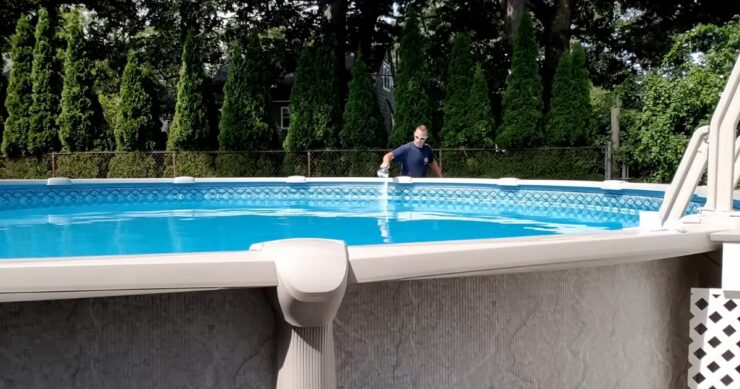Special education teachers play a vital role in the education system, catering to students with diverse learning needs and disabilities. Their impact is profound, fostering an inclusive environment that enables every student to flourish.
With a growing demand for qualified professionals in this field, it’s an opportune time to pursue a career in special schooling.
This guide offers comprehensive insights into becoming a special education teacher, equipping aspiring educators with the knowledge and tools they need to succeed in this rewarding profession.
Understand the Basics of Special Education
Special education addresses the unique learning requirements of students with disabilities, ensuring they receive tailored educational experiences. These disabilities span various categories, including learning, emotional, physical, and developmental challenges.
Inclusivity lies at the heart of teaching, advocating for equal opportunities and access to education for all students. This approach fosters a learning environment where every student’s needs are met, allowing them to achieve their full potential regardless of their challenges.
Educational Requirements
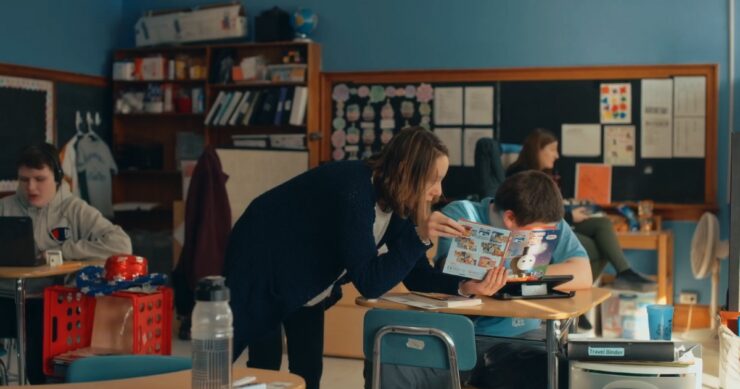
To become a special education teacher, a bachelor’s degree in teaching or a related field is essential. This foundational teaching equips aspiring educators with the necessary knowledge and skills. Additionally, obtaining certifications specific to special education further enhances your qualifications and career prospects.
These certifications demonstrate specialized knowledge and commitment to the field, making you a more competitive candidate in the job market. To get even closer to this subject you should explore outlets such as FutureEducationMagazine.
Gain Relevant Experience
Experience is invaluable in special education. Internships and volunteer work provide practical learning opportunities and exposure to real-world scenarios. Aspiring educators should seek opportunities to work with exclusive needs students, gaining hands-on experience and developing essential skills.
This direct involvement not only builds competence but also offers insights into the nuances of working in special teaching, preparing you for a successful career in the field.
Choose Your Specialization
Special education encompasses various specializations, such as autism, learning disabilities, and behavioral disorders. Choosing a specialization aligns with your interests and passions, enhancing your effectiveness as an educator.
Specializing equips you with in-depth knowledge and skills tailored to specific needs, making your contribution more impactful. It also opens doors to specialized roles and opportunities within the field of exclusive schooling.
When selecting your area of focus, consider the age group you are passionate about, the specific challenges you want to address, and the settings in which you wish to work. This choice profoundly influences your career path and the lives of the students you will support.
Develop Effective Communication Skills
Effective communication is crucial in special education. It involves clear, empathetic interaction with students, their families, and other professionals. Aspiring educators should hone their communication skills to foster understanding and support.
Resources and workshops focused on communication skills can be highly beneficial. These skills are key to building trust, facilitating collaboration, and ensuring the best outcomes for students.
Effective communication also extends to non-verbal cues, understanding cultural sensitivities, and adapting your style to meet the diverse needs of students and their families. It’s a continuous learning process that significantly enhances your role as an educator.
Understand Individualized Education Plans (IEPs)
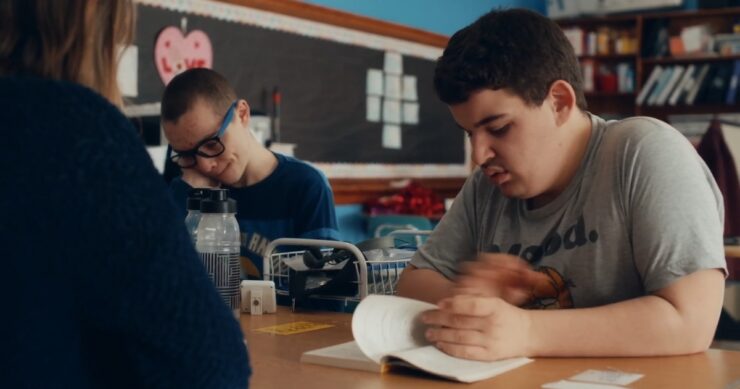
Individualized Education Plans (IEPs) are central to special education, outlining tailored educational goals and strategies for each student. Understanding how to create and implement effective IEPs is critical.
These plans ensure that students’ unique needs are met, providing a roadmap for their educational journey. Learning about IEPs is essential for any aspiring exclusive schooling teacher, as they are a fundamental aspect of the profession.
Mastery of IEPs involves collaborating with other educators, therapists, and families, continually assessing and adjusting strategies to suit student needs, and staying informed about legal requirements and best practices in special schooling.
Classroom Management Strategies
Managing a special education classroom presents unique challenges. It requires patience, empathy, and adaptability. Effective classroom management strategies are vital for creating a conducive learning environment.
These techniques ensure that the classroom remains a space where all students can engage and learn effectively, despite the diverse range of needs and behaviors present. Mastering these strategies is key to becoming a successful exclusive education teacher.
Building a Support Network
Collaboration is key in special education. Building a network of educators, parents, and specialists enhances the support available for students. Networking opportunities and professional organizations provide platforms for sharing experiences and learning from others in the field.
A strong support network not only benefits the students but also provides a resource for educators to exchange ideas and solutions, fostering professional growth.
Ensuring the well-being of your youngsters is paramount, and when considering a career in education, understanding essential safety measures for kids lays a strong foundation.
Stay Updated on Special Education Laws and Regulations
Staying informed about laws and regulations in special schooling, like the Individuals with Disabilities Education Act (IDEA), is imperative.
These laws shape the framework within which exclusive educators operate, ensuring students’ rights and needs are met. Resources that keep educators updated on legal developments are invaluable, as they ensure compliance and the provision of the best possible schooling to students with disabilities.
Self-Care for Special Education Teachers
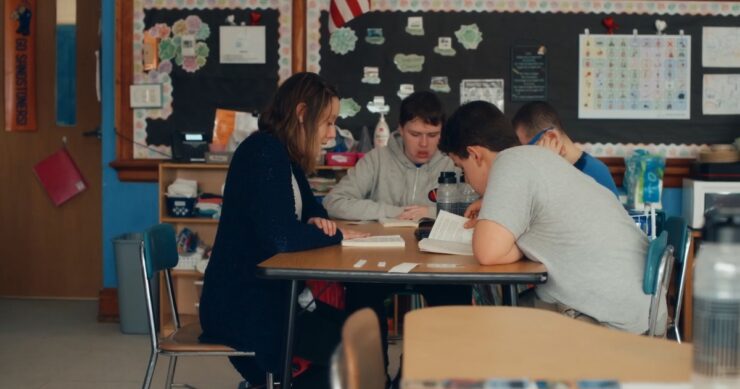
The demands of special education can be challenging. Recognizing the importance of self-care is crucial for educators to maintain their well-being and effectiveness.
Strategies to avoid burnout include establishing a healthy work-life balance and engaging in activities that rejuvenate one’s mental and physical health. Prioritizing self-care ensures that educators remain passionate and energetic in their roles, which is essential for their success and the success of their students.
Pursuing Career Advancement
Career advancement opportunities abound in special education. From becoming a special schooling coordinator to pursuing advanced degrees, there are numerous paths for professional growth. Continuous learning and development are encouraged, keeping educators at the forefront of the field.
These opportunities not only enhance personal career prospects but also contribute to the broader field of special education, ultimately benefiting students.
Pursuing a career as a special education teacher is both challenging and immensely rewarding. It requires dedication, specialized knowledge, and a passion for making a difference in the lives of students with special needs.
This guide provides a comprehensive overview of the journey to becoming a special schooling teacher, offering valuable insights and practical tips.
By following this path, aspiring educators can look forward to a fulfilling career that has a significant impact on the lives of their students and the field of education as a whole.

